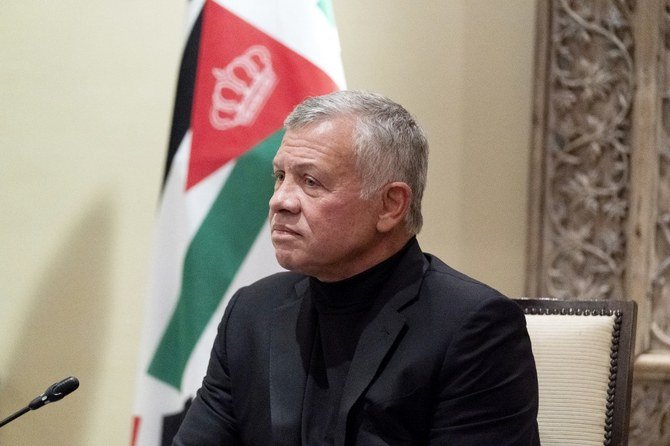
- ARAB NEWS
- 19 Apr 2024

Raed Omari
AMMAN: Jordan’s King Abdullah II has appointed former prime minister Samir Rifai to lead a powerful new committee tasked with overhauling the kingdom’s political system.
The 92-member body was announced on Thursday and will draft “modern” election and political party laws and suggest improvements to Jordan’s decision-making system.
In his letter to Rifai, the king directed the committee to draw up the laws setting out the reforms and look into relevant constitutional amendments.
The end result should be a “concise and inclusive framework” for improving the country’s political system and expanding the public participation in the decision-making process, the letter said.
The committee will suggest legislative amendments to improve parliament’s conduct and ensure an effective participation and involvement of women and young people in politics.
“We are determined to achieve a qualitative leap in the political and parliamentary life”, King Abdullah said in the letter, a copy of which was seen by Arab News.
The king also asked the committee to use his “Discussion Papers” as a guiding document in their endeavor in drafting a “roadmap for the future.”
King Abdullah has issued seven Discussions Papers that tackled various topics and thoughts, including mechanisms to improve Jordan’s political system, democratization process and education.
Former MP Jamil Nimri, who was named member of the committee, explained that the panel represents the full political spectrum, including leftists, centrists, Islamists, liberals and conservatives.
Asked how the newly-formed committee would be different from similar committees formed in the past and with the same mandate, Nimri, of leftist leaning, said: “What makes it different this time is the state’s deep conviction that reform has become a necessity and urgent matter that can’t be postponed.”
During the Arab Spring protests and the aftermath, a National Dialogue Committee and the Constitutional Committee were formed in Jordan to launch a nationwide dialogue on political reforms.
They came up with recommendations and mechanisms to improve the Kingdom’s political system.
“The problem with those committees is that they were made up of conservative figures and have thus failed to bring about the envisioned reforms,” Nimri said.